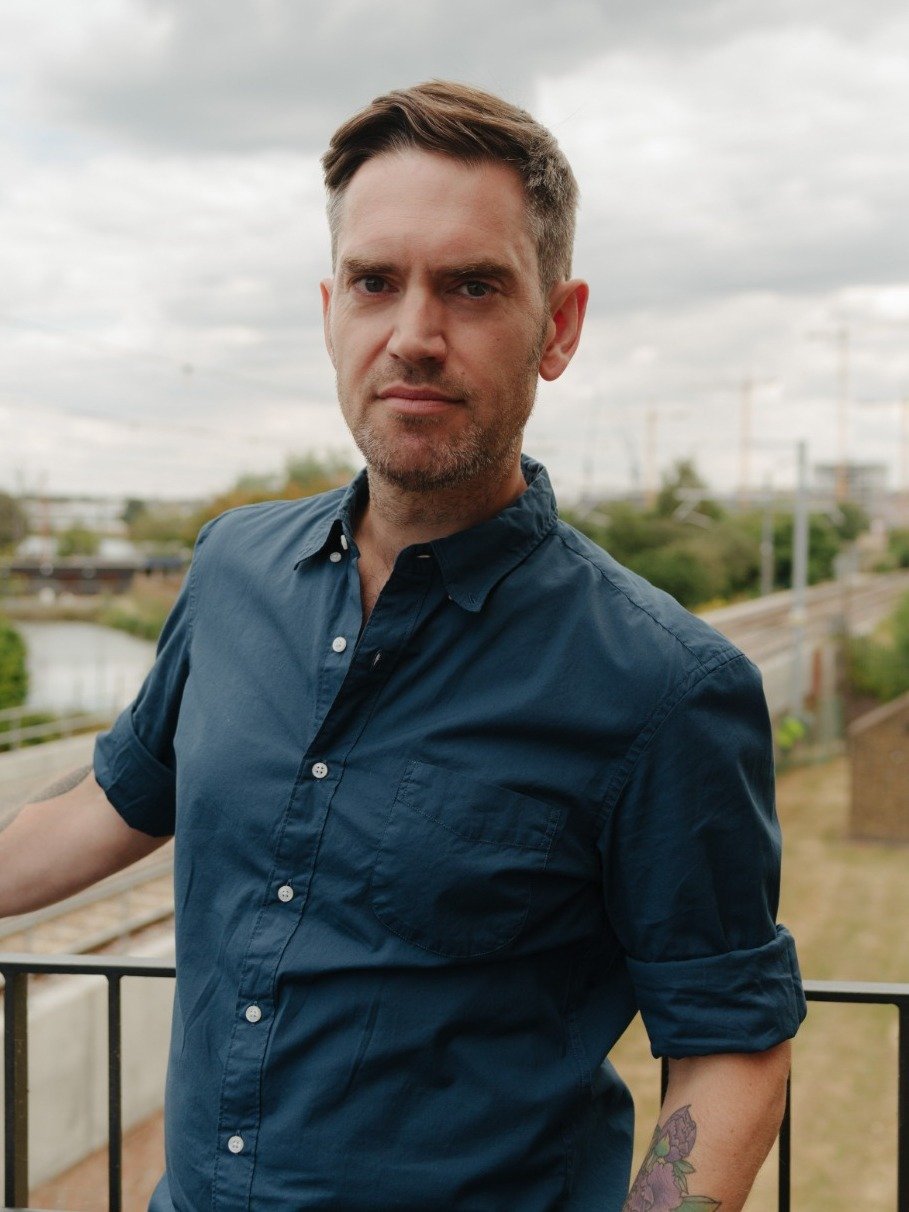History isn’t ‘being erased’ by the removal of statues. It’s been erased over centuries by those in power. The only way to judge the past properly is by teaching ALL history – good, bad and downright ugly.
Who’d have thought that people would be so into statues in 2020? People who couldn’t give two figs about them a few weeks ago now think that they’re the best/worst thing ever. Generations of history teachers, museum guides and archaeologists must be wondering where they went wrong.
It’s not all statues, mind – just ones of contentious historical figures. Many of these figures have been staunchly defended, criticism of their lives condemned or dismissed without question. While some of that criticism has been dished out in very absolute terms, with no context or balance. We’ve had people argue that destroying a statue is “erasing history,” while others have claimed that it’s “making history.”
The absolutism of modern debate is a big problem, and we’re all guilty of it. History doesn’t deal in many absolutes, though. It’s nuanced, complicated, cloudy, and full of glory and shame. Without all this information, history is devalued, true judgement impossible, and conflict more likely. Sadly, this is the norm, and it has nothing to do with statues.
Also on rt.com Either condemn George Floyd’s death or shut up about statuesAs the phrase goes, history is written by the victors. But it’s also edited by their successors. Politicians have lined up to chastise the removal of a few sculptures, but their ilk – the ruling classes and dominant communities – have been erasing history since we started writing it down.
As a British child, at school and from TV, I learned about the heroics of the two world wars, from Winston Churchill’s rousing speeches to the gallant sacrifice of young men on the Western Front and beaches of Normandy. The roles of the USSR and the USA in World War II got a small mention.
I didn’t learn about Churchill’s overtly white supremacist views, the 1944 massacre of anti-Nazi civilians he ordered in Athens, or his hand in the starvation of “beastly” Indians in the 1943 Bengal famine.
I learned about against-all-odds victories over the French at Agincourt and Waterloo. I read of great royal dynasties, the industrial revolution, and the Norman invasion (everyone’s very proud of not being invaded for nearly 1,000 years). I learned about our great naval past, with intrepid explorers like Cook, with cunning sailors like Drake taking down the mighty Spanish armada.
I didn’t learn about colonial crimes like the Amritsar massacre or the concentration camps in South Africa and Kenya (the Kenyan camps happened in the 1950s, so we clearly didn’t learn much from WW2). I didn’t learn about slavery.
And it was only when I met my Irish wife and took an interest in Irish history that I learned of the heinous crimes visited by the British government on (at the time) its own citizens. Famine, internment and, you guessed it, more massacres – also featuring Churchill. I learned nothing at school about Northern Ireland’s history.
I’m sure kids in the US get taught about how Christopher Columbus discovered their country. They probably don’t get taught about the child sex slavery and feeding of native American babies to dogs that he and his men indulged in.
So, my country has done good, bad and arguable – and that’s the case for every country and every government and every individual ever. But we’re taught so little about anything that it’s almost impossible to judge the balance of the three.
This lack of information skews our opinion. Then, when we do learn more, we can feel betrayed, angry, perhaps ashamed and this skews us again.
Also on rt.com Destroy EVERYTHING! Will culture police keen to purge historical racism turn to museums, galleries and libraries next?I know I keep mentioning Churchill, but his statue and legacy have become central to this whole issue. For many, his wartime efforts against Germany make him untouchable. To others, his crimes make him a devil. Perhaps he should just be Churchill.
To kill the toxicity of this debate, governments must teach history with warts and all. Be open about all the facts from the off and there’d be less fighting over statues and street names. Educate people honestly and perhaps discussions would be a little less melodramatic and progress would be made more rapidly.
Most history is out there, but unless someone tells you what to look for, you’ll never find it.
Like this story? Share it with a friend!
The statements, views and opinions expressed in this column are solely those of the author and do not necessarily represent those of RT.

